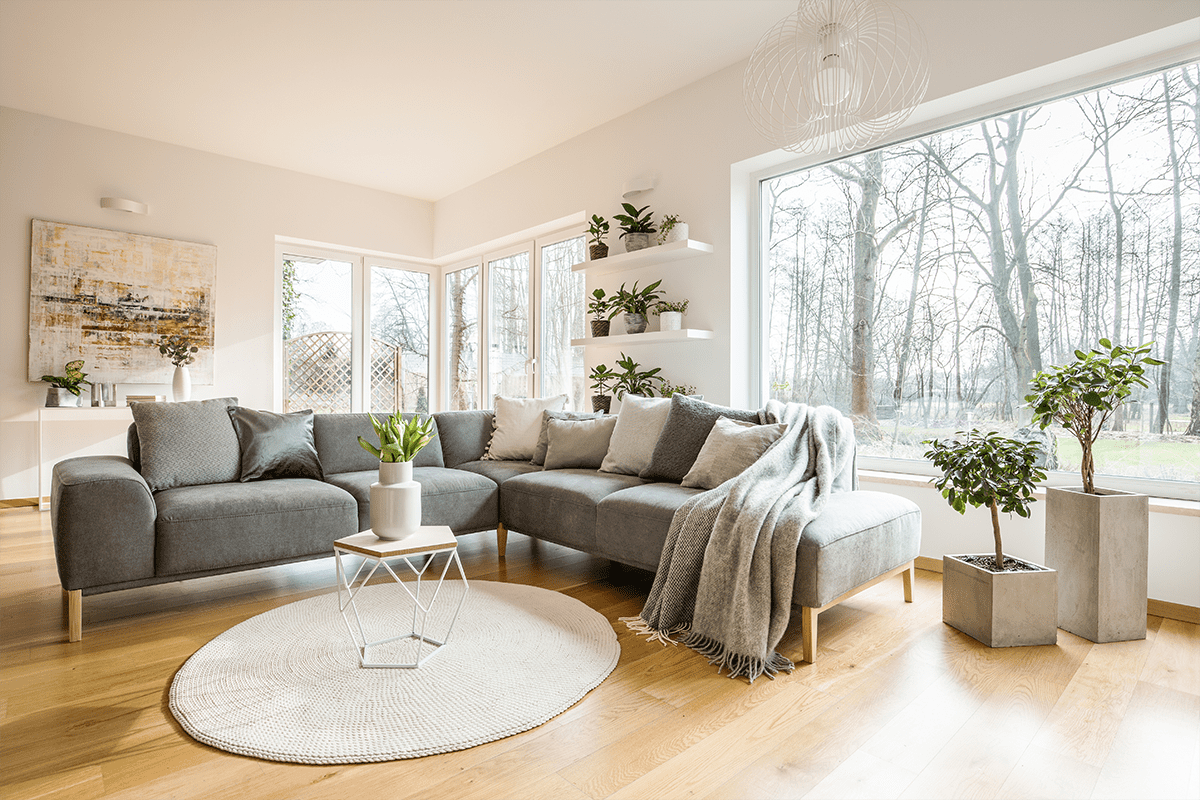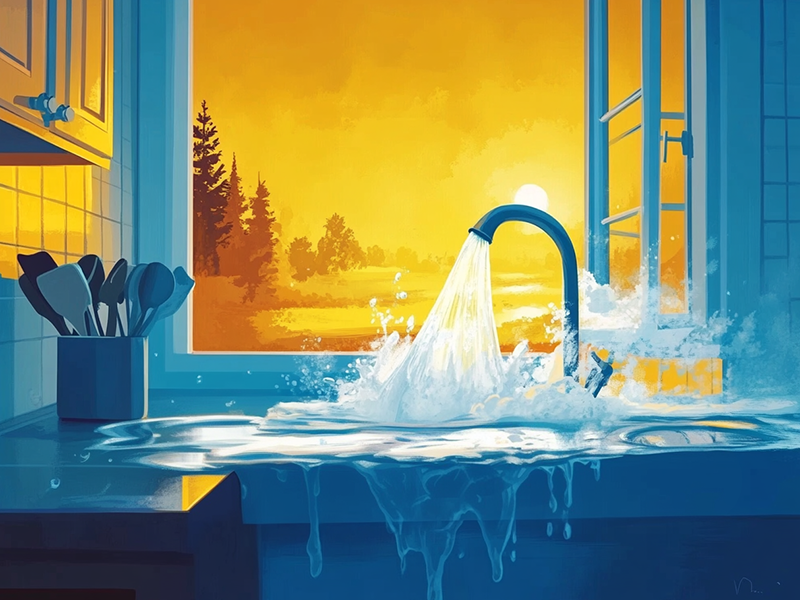Everything You Need to Do Before Becoming a Vacation Rental Host
With more and more people booking their spring and summer getaways, they’re turning to vacation rentals over traditional hotels. If you live or have a home in a touristy city or a small vacation destination, you may have already considered becoming a host or even already signed up. Either way, before welcoming guests with open arms, you need to critically consider the unique opportunities and risks of operating your short-term rental and how to protect yourself and your short-term rental business.
Being a short-term rental host is more than just handing off your keys to your guest. It’s ensuring they’re comfortable in your space, while also making sure they aren’t causing damage. Like any other business owner, you want to make sure you’re covering your bases so you can continue to operate. Here are items to consider before renting your property:

Inspect Your Short-Term Rental Property
As a vacation rental host, you’re responsible for your guests’ safety in your home. You should consider utilizing a digital safety and compliance platform to ensure your home is safe for guests. With this tool, you’ll be able to keep track of your individual checklist, access inspection, and maintenance history, and have access to preventative maintenance programs. You will also receive a certificate listing your property as a safe home. Having this data handy will keep you prepared and proactive.
Deep Clean Your Short-Term Rental
No one enjoys staying somewhere that shows a lack of tidiness or cleanliness from the host. Your guests will expect the same quality of cleanliness in your space as they do when staying in a hotel. This means you need to perform a deep clean before each new guest arrives. Scrub down and sanitize frequently-used areas, make any necessary repairs, and steam upholstery. If you find yourself in a pinch for time, you might consider hiring a professional cleaning service to make sure you don’t gloss over anything if you’re in a hurry.
Replace Worn Furniture for Guests
Signs of wear and tear in the furniture will eventually show, especially if your home is being rented often. Just like your guests expect a clean home, they also expect clean and comfortable furniture. One area to especially pay attention to is your living room. Guests will want to spend time relaxing and look for quality family time there. If your seating is lumpy, ripped, or just plain uncomfortable, it’s time to replace it with a new sofa. It doesn’t have to be fancy or expensive, so long as it’s quality and comfortable. Cleaning and maintaining your furniture will also extend its life.
Stock Up On Guest Essentials
When shopping for items to supply your rental, you want to make sure you have the essentials and plenty of them. Bath towels, washcloths, toilet paper, bed sheets, blankets, paper towels, napkins, and tissues are just a few of the staples you’ll need to keep well-stocked. Should an accident happen where your sheets or towels are unusable for your next guests, you’ll have spare ones ready to go. Stocking up on these and other items will prevent you from running out between guests and having to make an emergency run to the store.
Install Smart Home Devices
When you’re liable for any accidents or issues arising at your home, you want to take preventative measures. An example is having the appropriate monitoring systems installed at your property. You’ll already have smoke and carbon monoxide detectors for specific incidents. You should also consider installing an indoor noise monitoring system. This noise monitoring system allows you to detect and respond promptly to disturbances at your property long before neighbors and the police report an issue.
Other smart devices would include automatic water shut-off values. Let’s face it, accidents happen. One of the most common home incidents relates to water; be it leaks or flooding. Fortunately, using smart water products can help. A smart shut-off device can detect leaking water, turn the water off and alert the owner to what is happening. What a great way to avoid unnecessary damage to your rental property.
Provide Instructions for Your Vacation Rental Guests
As guests are as unfamiliar with your home as you are with them, you may want to leave instructions for your guests as to any important items. This can be as simple as a sheet of paper left on the bed. Within the instructions, you can provide WiFi information, an emergency contact if you can’t be reached, locations of your fuse box and water shut off, and other essential details to make their stay pleasant.
Before listing your home, and taking on your first visit, make sure you’re taking these steps to be prepared.
Quote Your Short-Term Rental Today
Since you’re hosting people you don’t know personally, it’s imperative to have insurance for your short-term rental. Should any accidents occur to your guests or to your property, you’ll have peace of mind knowing you’re covered. Consider getting insurance specifically for short-term rentals which take any specific issues into account from property damage to lost business income or liability claims. This type of coverage is better suited over traditional homeowners insurance as it is crafted with the host and their particular risks in mind.
Provided by guest writer Claire H.



